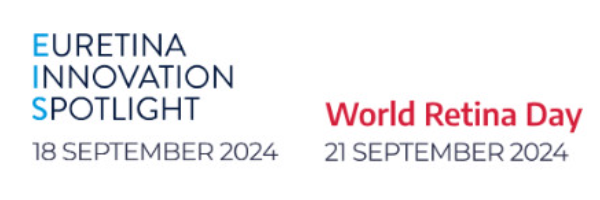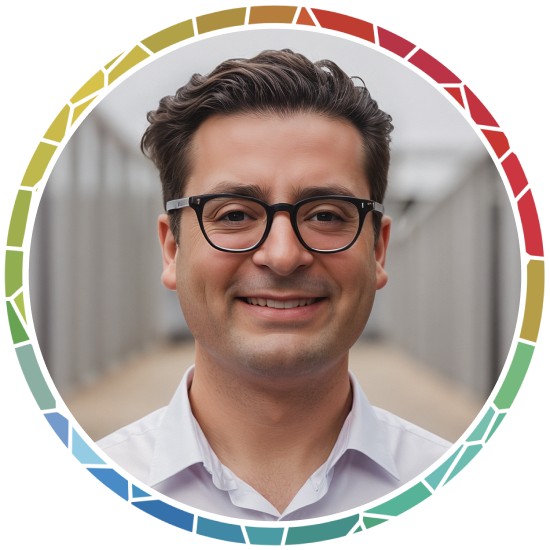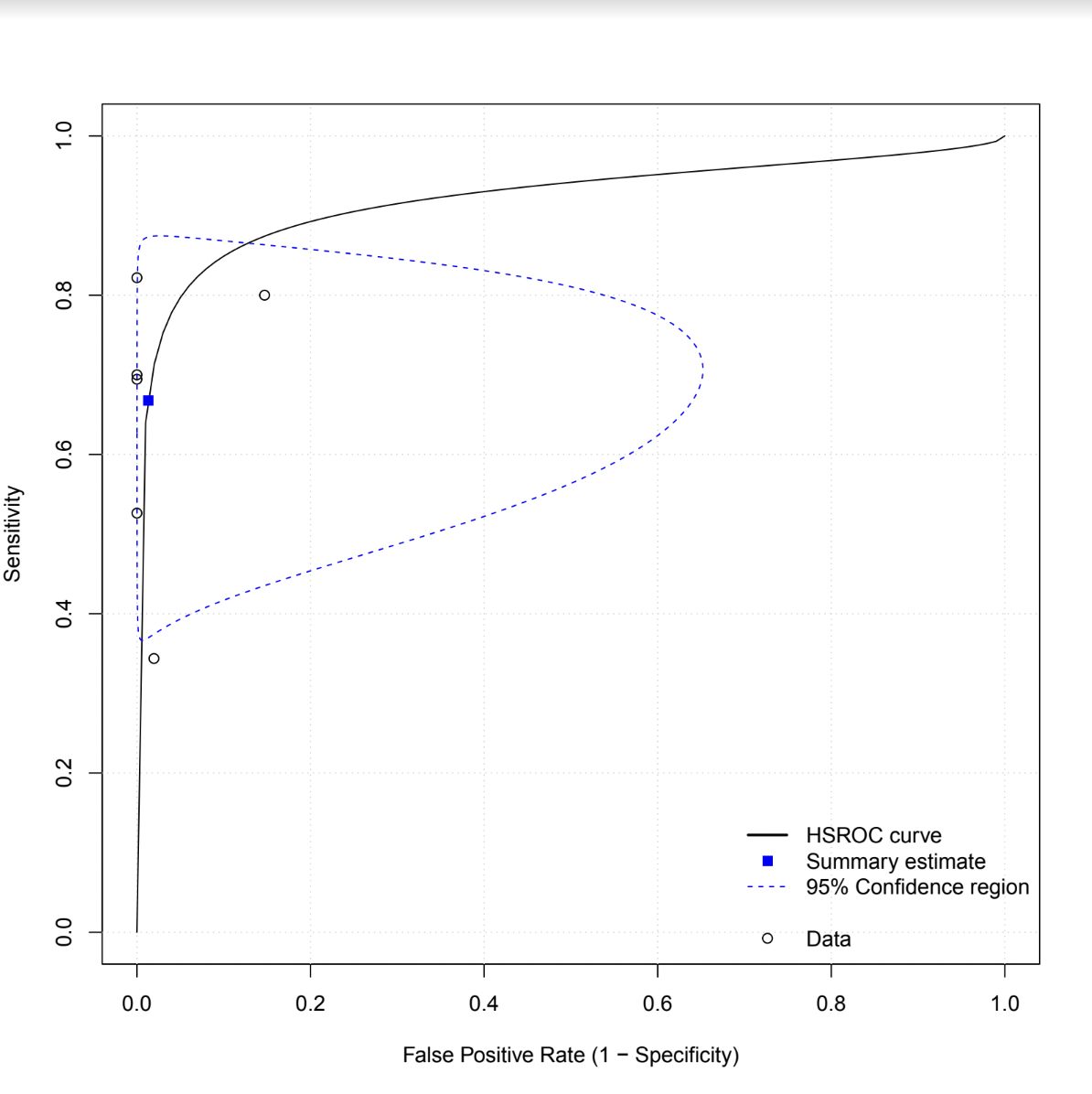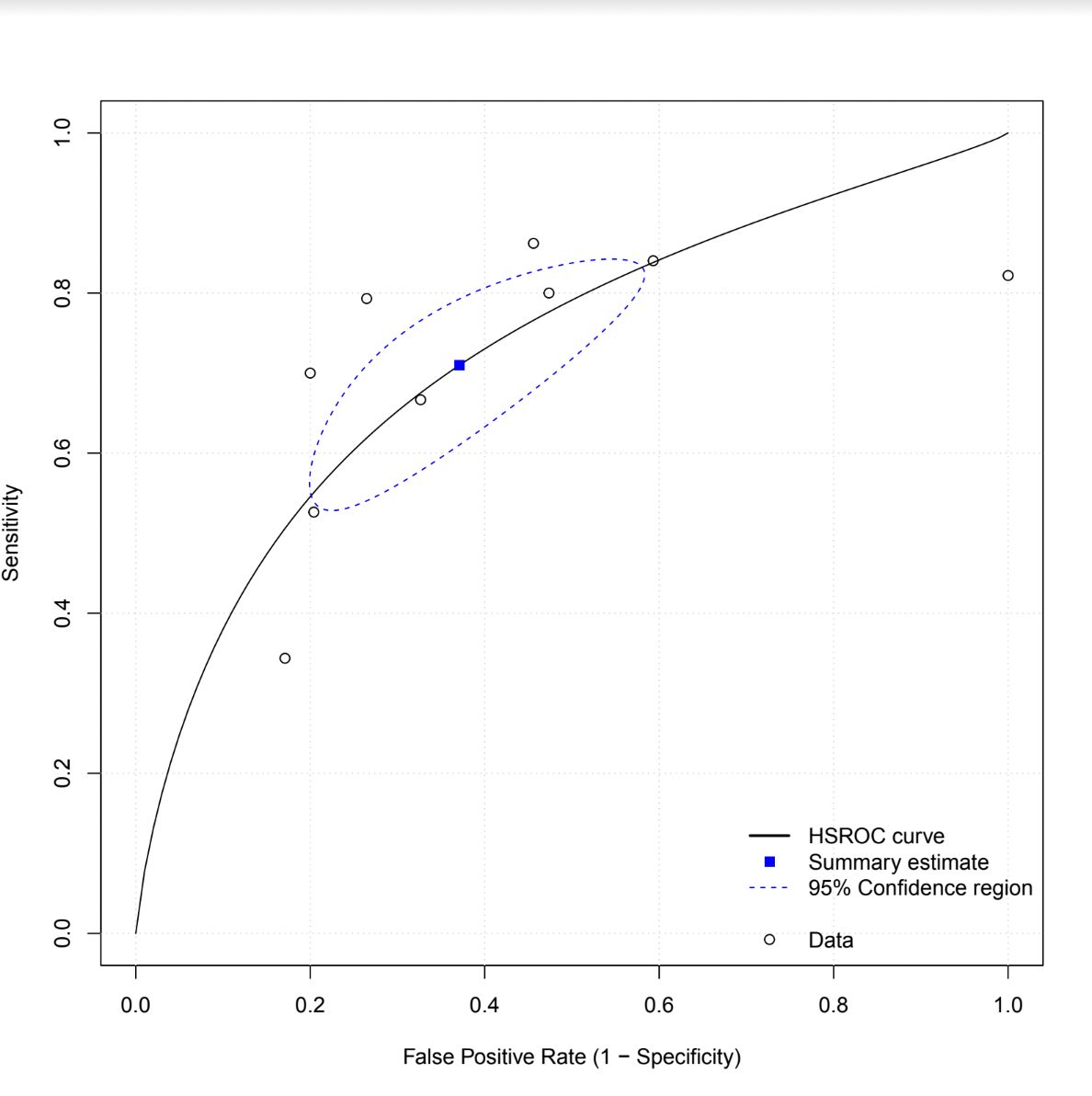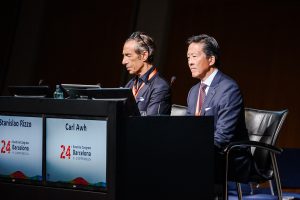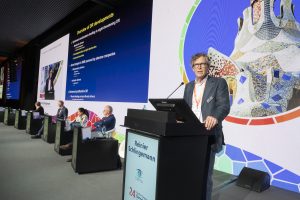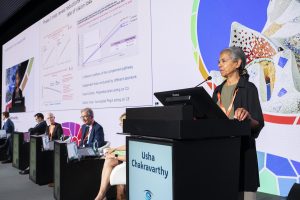Ophthalmologica Award lecturer focuses on what patients with age-related macular degeneration (AMD) and central serous chorioretinopathy (CSC) want to know and how studies that elucidate best evidence help answer common questions and support guideline development.
Age-related macular degeneration (AMD) and central serous chorioretinopathy (CSC) are prevalent retinal diseases that can cause permanent visual impairment. Patients with these conditions constitute a large proportion of visitors to retinal clinics worldwide.
In the Ophthalmologica Lecture, Yousif Subhi, MD, PhD, FEBO, Department of Ophthalmology, Rigshospitalet, Copenhagen, Denmark, will focus on AMD and CSC from the patients’ perspective. He will address what retina specialists should be prepared to tell patients about their disease and its treatment and how to advise and help patients on their journey of living with their disease.
In the first part of his lecture, Dr Subhi will highlight the patient perspective and how research can be focused to the needs of the patients. He will preface this information with his personal story that explains his interest in research focusing on patient-centred care.
“My doctorate degree is in immunological translational research in AMD, and my original plan was to continue this line of research. However, during the last year of my doctorate studies, my mother developed a hematologic cancer. By accompanying her to doctors’ appointments I gained a new appreciation for both what matters to patients and the frustration patients experience when their questions cannot be answered,” Dr Subhi said.
In the second part of his lecture, Dr Subhi will demonstrate how meta-analyses can be used to determine best evidence for different aspects in the management of AMD and CSC. One example will be the use of network meta-analyses to evaluate efficacy of treatments for CSC. Going one step further, he will present evidence of the presence of a placebo effect in the treatment of CSC.
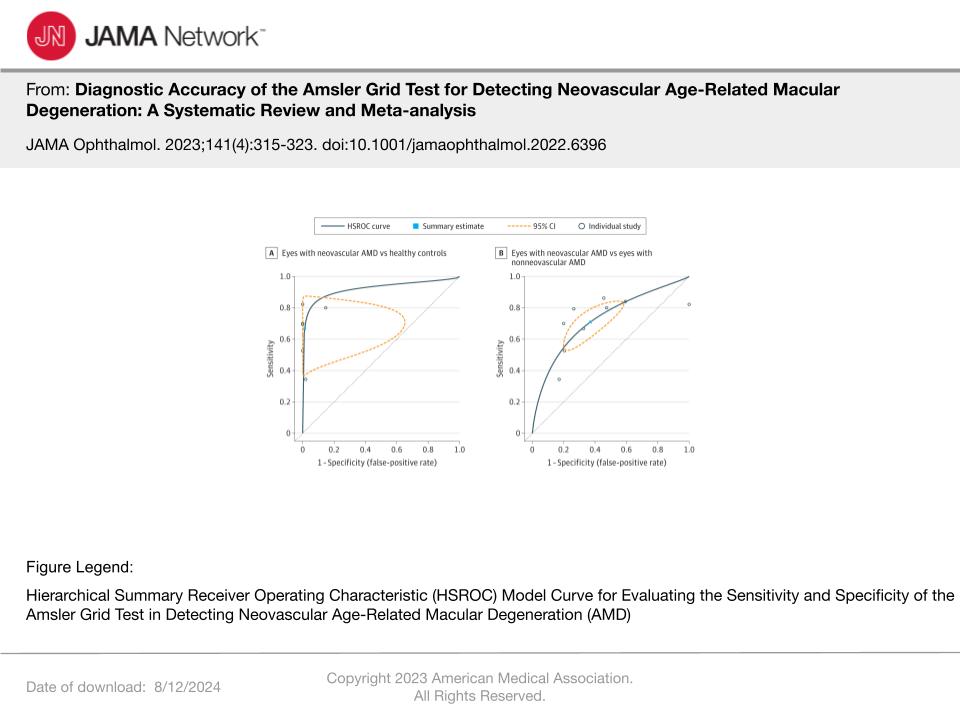
“Many different treatment modalities have been tried for CSC and reported to be associated with improvement, but the benefit observed may be due to spontaneous resolution that can be part of the natural history of CSC. When using therapies that have burdens of cost and potential side effects, we need evidence showing real benefit,” Dr Subhi said.
“Network meta-analyses give us the power to identify true treatment effects by calculating the benefit of using a modality versus doing nothing.”
Finally, Dr Subhi will present his research that deals with opportunities and challenges of modern retinal practice, including the use of large-scale data from registries and of tele-ophthalmology. He will reveal data from a study in which more than 1 million people in Denmark, representing 1 in 5 members of the country’s population, underwent a screening retinal examination.
“Findings from large-scale studies such as this offer opportunity to fill in gaps in knowledge. However, carrying out this type of endeavour presents challenges because it depends on the collaboration and cooperation of many different stakeholders,” Dr Subhi said.
“Collectively, the results of meta-analyses and large-scale clinical studies provide a foundation for clinical practice guidelines that both support treatment decisions and patient counseling conversations. With evidence-based guidelines, all retinal specialists, no matter where they practice, will know what to say to patients about things that matter.”
Dr Subhi will deliver the Ophthalmologica Lecture at 16:45 on Saturday, 21 September 2024, in Room 112.
